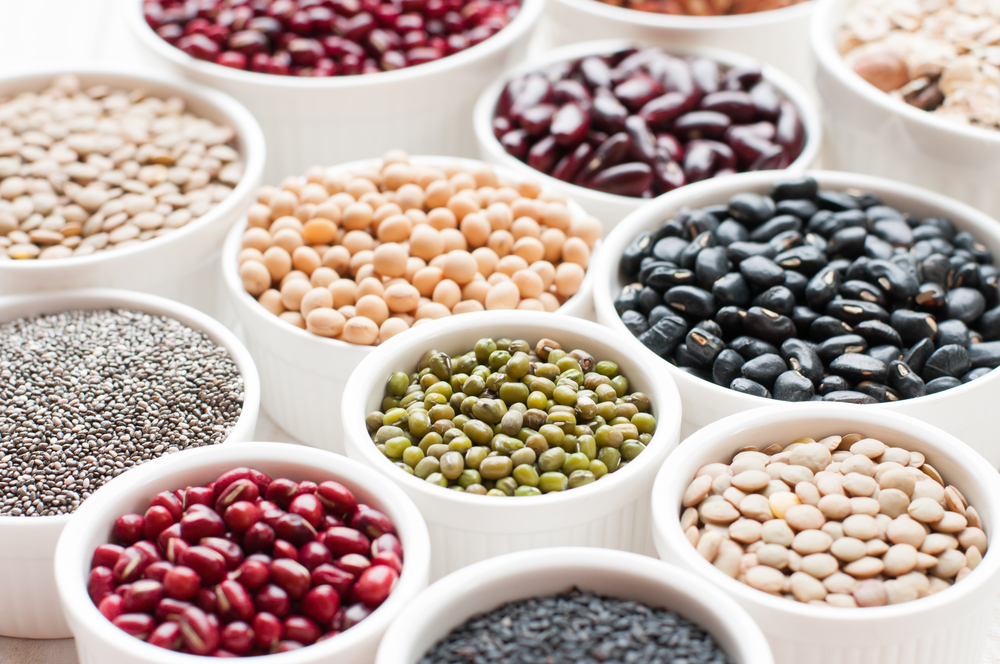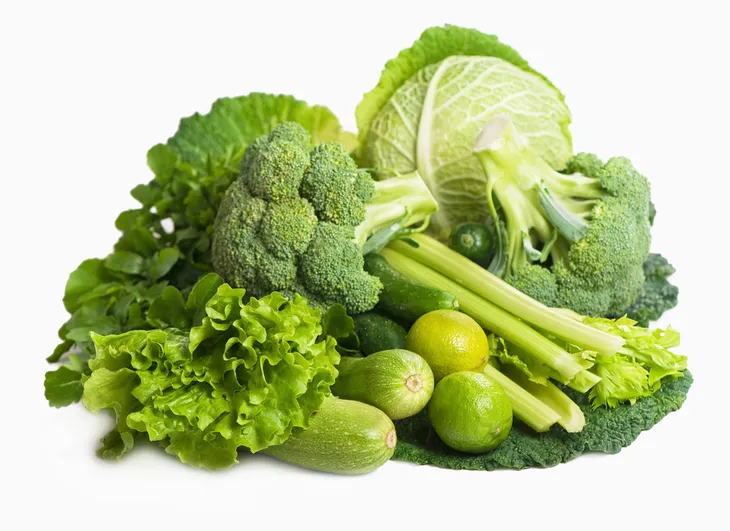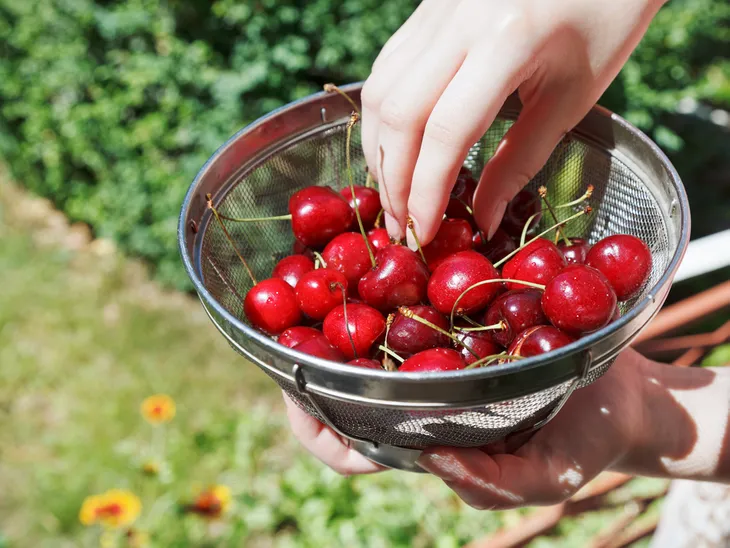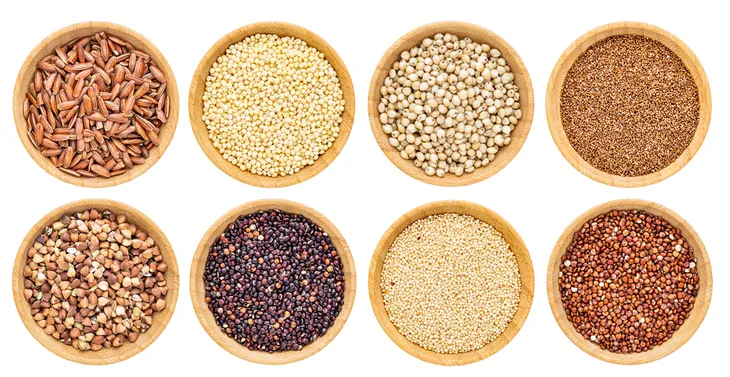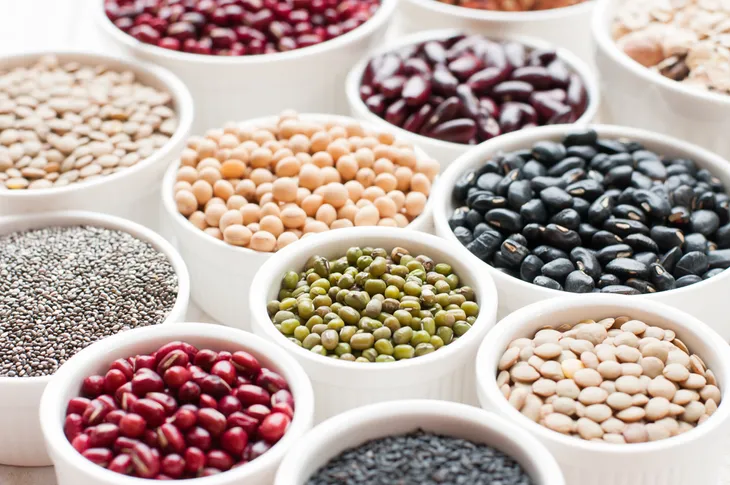Gout is an inflammatory type of arthritis that often affects the joints, particularly the big toe. Other joints and areas around it could get affected as well. During a gout flare, the patient is prescribed an NSAID to treat the inflammation and reduce the pain.
Aside from medication, there are other ways to prevent your gout symptoms from worsening such as following a diet filled with anti-inflammatory foods. Here are some of the best anti-inflammatory food items you should start incorporating in your meals.
Vegetables
Vegetables are no doubt the best source of nutrients for your body. Not only that, they also help fight inflammation. When you’re asked to go on an anti-inflammatory diet, you will most likely be prescribed a diet focusing on fruit and vegetables. With this in mind, you’ll want to add these more into your diet.
The top anti-inflammatory vegetables include kale, spinach, broccoli, and celery. All vegetables are naturally good for you but for the best results, you’ll want to add more of the leafy greens as these tend to have the most anti-inflammatory properties in them.
Be careful of nightshade plants like eggplants, potatoes, peppers, and tomatoes. Although they contain beneficial vitamins and minerals, some people have experienced gout flares after consuming them. Try cutting them out for a while first and slowly add them back to see how your body reacts. If there seems to be no problem, then you can continue eating nightshade plants.
Cherries
Cherries are considered the best foods to eat for gout. This is because they possess all the nutrients needed to fight gout symptoms — rich with antioxidants, anti-inflammatory, contain vitamin C and A, and are high in fiber.
There have been many studies that prove cherries benefits on gout. In one of them, they found that patients who ate more servings of cherry in a day had reduced their risk by 50-percent for gout. This risk even went lower when cherry intake was accompanied with allopurinol use. So, if you’re already taking this gout medication, it’s best that you add cherries to your diet as well.
You can consume this wonder fruit in different ways. You can eat it by itself, canned, frozen, raw, cooked, tart, or juiced. The aim is to eat about 25 cherries to get those anti-inflammatory benefits. If you have a gout attack, it’s advised that you consume more to treat the pain, preferable around 30 to 40 every four hours.
Of course, not all of us are able to consume this much cherries in a short amount of time so you may want to support it with cherry supplements as well. This can be especially helpful if you are trying to control your sugar intake. Cherries are not really as high in sugar as other fruits but if you’ve consumed other sweets for the day, taking supplements can help.
Whole Grains
Whole grains make up a big part of our diet. They can be found in rice, bread, pasta, oats, quinoa and much, much more. Lately though, they have gotten a bad rap with some people completely removing them from their diet. It’s complete nonsense considering whole grains have fed the human population for thousands of years. The only thing that’s changed is how it’s processed. That’s why you need to be careful when shopping for whole grain products.
With gout, you definitely want to keep eating whole grains as they are actually healthy for you. It not only helps fight gout symptoms, it also helps reduce your risk for stroke, diabetes, heart disease, asthma, and colorectal cancer. You just have to be wise in choosing what grains you consume. You only want whole grains and not refined ones. Refined grains have been processed so much that they have been stripped of their nutritional value. Whole grains, on the other hand, are rich in fiber, iron, folic acid, calcium, magnesium, manganese, zinc, phosphorus, as well as vitamins B1, B2, B3, and E.
Always check the label and stick to ones that don’t have added sugars in them. Appearance can be deceiving as sometimes added food coloring changes the color of the bread to make it appear healthy, so it’s best to check the labels in order to know exactly what you’re buying.
Beans
Beans are another anti-inflammatory food that can help with gout. Unfortunately, there is still a lot of confusion about this since we have come to associate high purines with high protein foods. However, it’s a totally different story if we’re talking about plant protein sources. They do not pose as harmful of an effect as gout and are easier on your body to digest. In fact, they’re beneficial and can even act as a replacement to meat.
There are plenty of kinds of beans to choose from each possessing a unique combination of nutrients that are good for your health. There are black beans, red beans, white beans, split peas, lentils, chickpeas, soy beans, lima beans, and the list goes on. What they all have in common is that they are high in antioxidants and phytonutrients. They’re also high in fiber which means they’re digested slower in the body, keeping you feeling full longer.
If you’ve been meaning to cut down on your red meat consumption due to gout, beans are a great alternative. They are safe to eat and won’t put you at risk for gout attacks. Best of all, they can be prepared in many delicious ways whether as a curry, soup, sandwich topping, stir fried, dip, or even by itself. With the right type of bean, you can even make ice cream and brownies, and eat them guilt-free!
What anti-inflammatory food is your favorite? Share your thoughts in the comments below.
